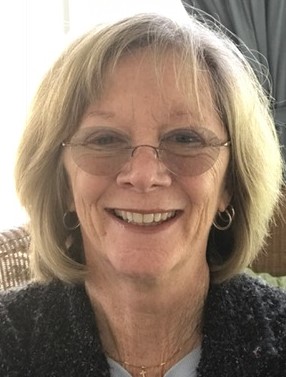Commentary by Cynthia Stafford
Late in 2015, Congress passed the Every Student Succeeds Act, or ESSA, that will change – hopefully for the better – the way educators evaluate student success. According to Education Week’s Evie Blad, a major change in the law requires evaluating students on social and emotional learning (SEL) and not on academic success alone.
SEL is the lifelong process of gaining self-awareness and learning self-management. The Collaborative for Academic, Social, and Emotional Learning (CASEL) identifies such skills as understanding and managing emotions, making and achieving positive goals while demonstrating empathy, self-confidence, self-discipline, impulse control and organizational skills. Gratitude, for instance, falls into the SEL category.
Schools are expected to address non-cognitive social skills because they are major influences on workplace success just as much as career skills, writes David J. Deming for The National Bureau of Economic Research. Non-cognitive skills motivate overall behavior, so workers with effective non-cognitive skills tend toward higher wages and less problematic, risky behaviors. Socially competent workers enjoy an overall higher quality of life, in other words.
Parents are the natural best teachers of non-cognitive skills, but schools can support SEL in and out of classrooms, says Naomi Aldort, author of “Raising Our Children, Raising Ourselves.” The educational challenge is finding clear measures that evaluate children fairly and consistently.
In the past, Westfield Washington Schools Supt. Sherry Grate indicates that she embraces improving social and emotional support for students. WWS is researching and designing its system-wide approach to promoting social and emotional learning in all grades.
CASEL says although SEL is difficult to pinpoint in terms of standards, paying attention to it will certainly result in curricula and teaching strategies that are more inclusive and motivating for all students. Parents can take an active part and discuss with teachers their plans to address SEL in the coming years.
Cynthia B. Stafford is a special educator, nonprofit administrator and innovator. She has a B.S. nursing degree from the University of Florida as well as a Master’s and Doctor of Education from Ball State University. Dr. Stafford lives with her husband, Steve, in Westfield. Her email is [email protected]



